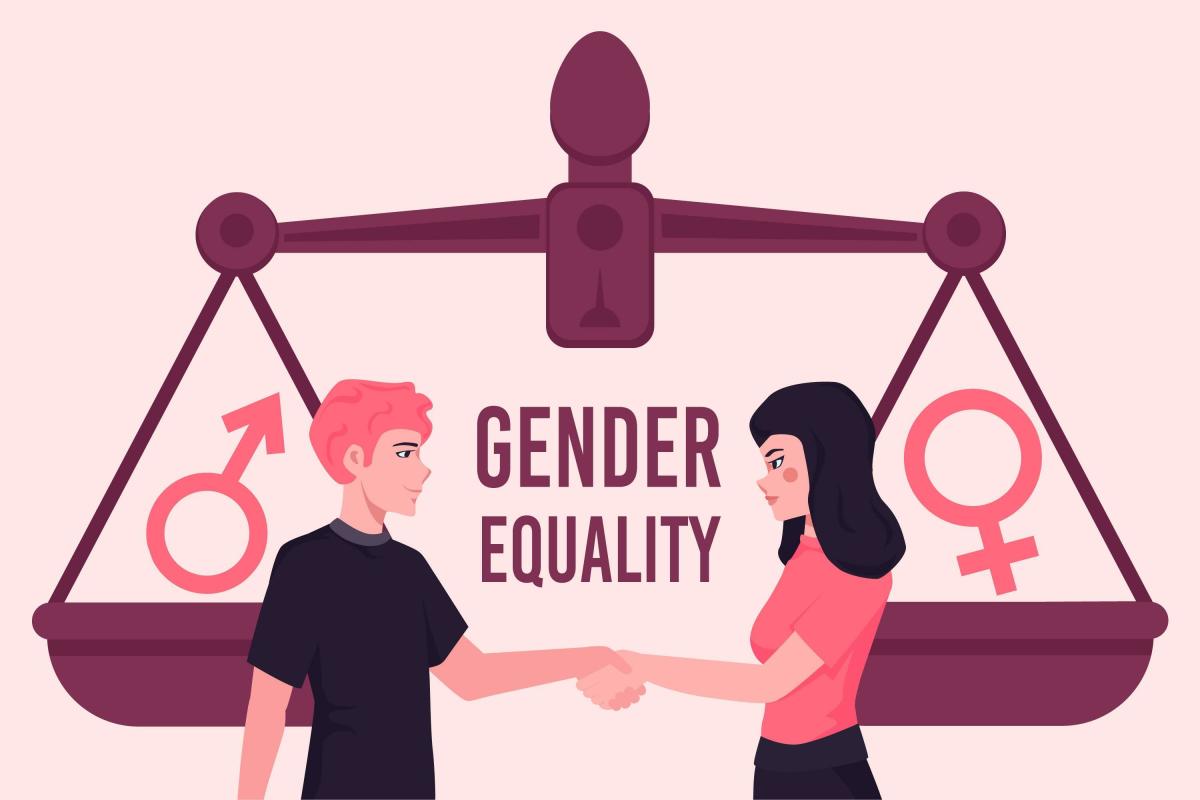Equality Equity or Neutrality in Gender Treatment
Terminology

Define and Assess
I caught the last part of To the Contrary on PBS this morning, when it occurred to me that we may just be fighting for something that isn't exactly what we want. At least, I think it might the wrong language we're using to define what we want, and how we want to be treated.
The are things we fight for that we automatically use the word equality to describe, such as equal pay for equal work. Should we be paid equally for doing the same job? Absolutely. However, pay should be based not on equality, rather on neutrality, or impartiality. It should not be compared to, or affected by, gender. Instead, it should be based on performance and outcome, regardless of gender.
What happens, though, when it comes to work workplace peer treatment? In reality, men and women are not physically, physiologically, or emotionally the same. That cannot be changed. That does not mean either is less or more than the the other, but different. Men can't have babies. Women can't pee standing up (at least not without the help of a gadget.) Our intellectual processes are different, as well, but neither is a superior way. Just different.
Accomplishments, mistakes, discipline, etc., need to be handled with equality from a human resource perspective. But, what about human interaction? What about family and medical leave? What about insurance coverage and benefits?
If the guys in the workplace clap each other on the back for a job well done, and exchange a man hug, and you're a gender equality proponent, would you be okay with a colleague of the opposite gender doing the same with you, or would it make you feel uncomfortable? If you are a female on a construction site, would you expect males to change the way they speak or joke around you? Would the joking and normal baudiness offend and make you run off to file a sexual harassment claim? These types of situations call for equity. If you want to be treated equally on a construction site, should you put up with the normal verbal sparring and crude language. That's the normal nature of the environment. Or, should you ask for preferential treatment so you're not offended? Does forcing your male counterparts to change their behavior seem fair?
Do you think you should have equal treatment by insurance companies? Or, would you prefer equitable treatment. Women have different issues than men. Performance drugs assist a man with maintaining a normal, healthy intimate relationship. Birth control suppresses normal function of the female body. In this situation, if insurance companies were forced to be equitable, we would have achieved something tremendous.
My thought is this: if we, as human beings, with a broad selection of words to choose from, and use of logical thought processes, would pay more attention to the language we use in defining our wants and needs, we may be more able to affect the changes we desire.
© 2017 Lea Clark








